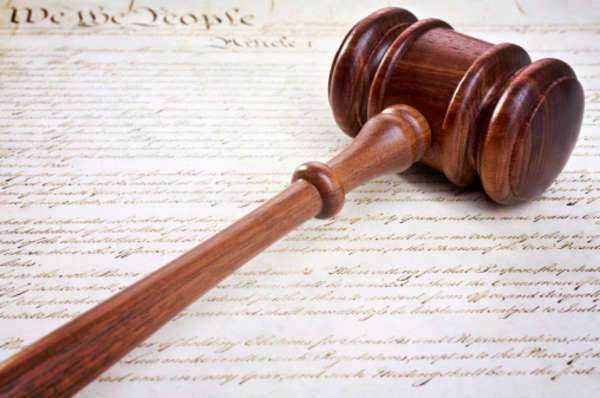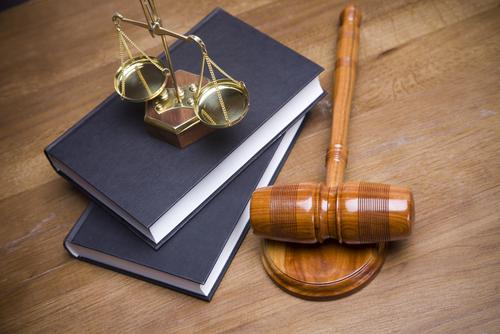Indiana Guardianship Law

What is Indiana guardianship law?
Indiana guardianship law descries the relationship or care between a compensating adult acting as a caretaker and a “protected person,” which is a term that describes those that are disabled. In order for there to be a guardianship relationship claimed, the protected person must be determined to be unable to manage their affairs and act normally when functioning in everyday life. There are limitations on the guardianship, sometimes defined by the court and if there is any facet of their life that the protected person can control and make proper decisions on, then the Indiana guardianship law will allow them to reserve that decision-making right over that particular aspect, until circumstances change to make them more or less competent.
Who is considered a “protected person” under Indiana law?
Though the term disability is used, protected persons will include minors as well as those that are insured and incapacitated. Indiana guardianship law notes that age, developmental disability, mental illness and accidents are all instances where guardianship might be required for those adults that cannot make critical decisions and function as a rational adult.
Indiana guardianship law and estates
Under many circumstances, the guardian may also assume control of the protected person’s estate and finances. As is the case in all states, the guardian has a fiduciary duty to the protected person and cannot claim an undue benefit from the estate, beyond what is entrusted to them through the court order and Indiana guardianship law granting them control.
What control and decisions might be entrusted to a guardian under Indiana guardianship law?
The guardian might be granted the responsibility to control medical treatments and the location of medical care. They will also have some responsibility of the estate and financial assets of the protected person, including debts and borrowing. The level of control and responsibility, as determined in court, will depend on a number of factors and indeed those that are not as well trusted or close to the protected person will be granted less responsibility accordingly.
What is power of attorney?
Power of attorney is one aspect of Indiana guardianship law where an agreement is made when an individual is healthy, of sound mind to grant a trusted individual the nominal power to make decisions or handle certain affairs on their behalf. They may opt to make this a durable power of attorney, as this will also this power to remain in effect when they are mentally incapacitated. The power of attorney arrangement ends when the principal dies, at what point the estate and other affairs pass onto the heirs, as applicable.
Where is the Indiana guardianship law located?
You will find the Indiana guardianship law pertaining to these arrangements in Indiana Code 29 Article 3
When does this relationship end, according to Indiana guardianship law?
The conditions to end guardianship vary, for instance, minors are free from guardianship at the age of 18, as well as if the minor is adopted or married. The court will enforce the end of guardianships accordingly.
How a guardianship arrangement is declared, according to Indiana guardianship laws.
IN guardianship law allows for a capable adult to act as a caretaker for any individual that is disabled or substantially unable to care for themselves, including children. These people that are eligible are collectively known as a “protected person,” though the distinction as a protected person can be challenged under IN guardianship law. Indiana guardianship laws note that the arrangement in question is not absolute and the potential beneficiary can assert their ability to control certain aspects of their life. This enables them to ensure that they have some control over their lifestyle, under Indiana guardianship laws. All decision-making is left to the guardian, unless otherwise noted with the IN guardianship law relationship is determined.
Can an able-bodied person be subject to guardianship under Indiana guardianship laws?
Yes, those that are of unsound mind can be assigned a guardian under IN guardianship law. This includes those that cannot manage their money to support themselves, though there is another arrangement that deals specifically with only the financial needs of the protected person. The financial obligations and management can be assigned to the guardian under Indiana guardianship laws, but it is also likely a conservator can be assigned to handle the finances while the guardian deals with daily life.
What is considered in assigning guardianship under Indiana guardianship laws?
There are some factors in play when determining if an individual is disabled and therefore unable to take care of themselves substantially. The court notes age, mental illness, the effects of an accident and developmental disabilities from birth as factors that contribute to the need for an IN guardianship law relationship. The protected person must be able to behave and control their life as a rational adult in order to ensure that they can avoid a relationship under IN guardianship law.
Can control of an estate be granted under Indiana guardianship laws?
Though it is not common, control of an estate and its management might be assigned under IN guardianship law. It is more likely however, that a conservator will manage the estate and finances, possibly with the advice and consent of the guardian under IN guardianship law.
What powers are granted to the guardian under IN guardianship law?
Though each guardianship arrangement under IN guardianship law will differ with provisions assigned by the court, the general arrangement for guardianship will include control over medical treatment and decisions to provide a certain level of care. The guardian might be assigned the power to accrue debt and borrow on behalf of the protected person, with limitations and scrutiny from the court, under IN guardianship law. The responsibility granted will depend heavily on the prior relationship with the protected person, meaning that siblings, parents and children have more rights and responsible than friends and attorneys appointed under Indiana guardianship law.
Where is the IN guardianship law located?
You will find the Indiana guardianship laws pertaining to these arrangements in Indiana Code 29 Article 3.














